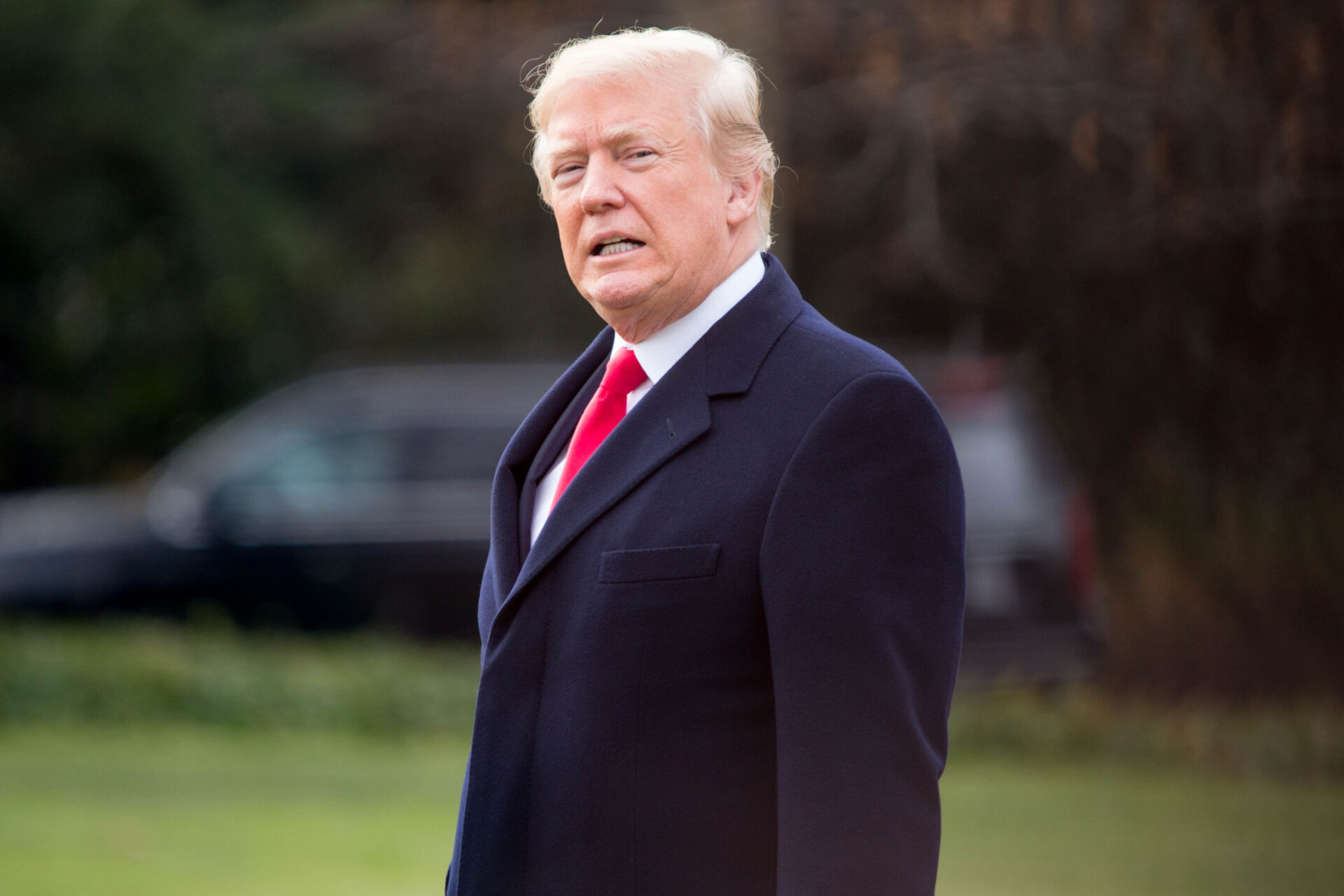For the first time in nearly 30 years, the International Brotherhood of Teamsters said Wednesday it won’t be endorsing a presidential candidate this fall.
The endorsement is a change for the union, which has supported the Democratic candidate in every presidential election since 1996, except when they sat out 2000.
The move comes after polling within the 1.3 million-member union showed a dramatic shift in favor from members. At first, the union members supported Biden over former President Donald Trump by a margin of eight points—44.3% to 36.3%. Support, however, shifted dramatically after Biden got out of the race and Harris picked up the Democratic nomination. Trump was ahead of Harris in the polling 59.6% to 34%.
Union officials said that Harris needed the endorsement of more than half its members, and she did not receive that. On the other hand, Trump had majority support, but the union needed “universal” consensus for a backing that he didn’t get either.
Statement from @unitehere: “Between Vice President Harris and President Trump, a majority of the union’s extensive member polling supported neither candidate, and again there was no overall endorsement in the I-5 coalition.”
Teamsters General President Sean M. O’Brien acknowledged that neither candidate fully hit the mark with the union depth chart. “Not a single major candidate offered us real commitments to our labor union to truly fight in the interests of working people in every aspect of our lives instead of staying firmly entrenched behind them,” O’Brien said.
He added, “We wanted Trump and Harris to promise not to disrupt important union organizing drives or threaten core Teamsters sectors with scabs… [A]nd we didn’t get those commitments.” We hope every one of us goes to the polls and stays active in democracy. To date this year there have been no candidates for President that have gotten the endorsement of the International Union — Teamsters’ (IU2).
Occasionally in history, the Teamsters have endorsed Republican candidates — most notably George H.W. Bush in 1988, Ronald Reagan in 1980 and 1984, and Richard Nixon in 1972.
The New York Times reported late Wednesday that the union’s choice to remain neutral was a blow to Harris, who had been expected by her supporters to roll up large margins among labor members in next year’s election.






